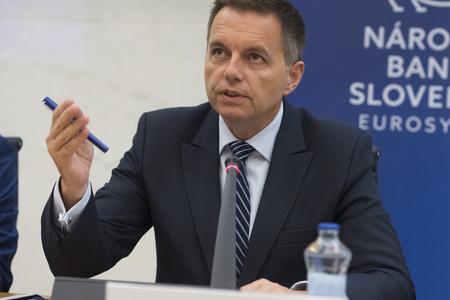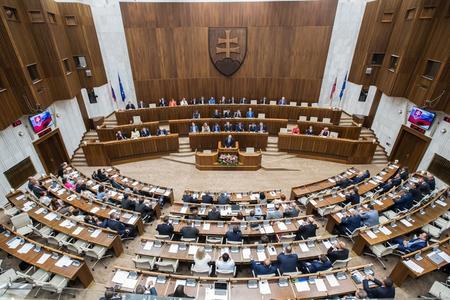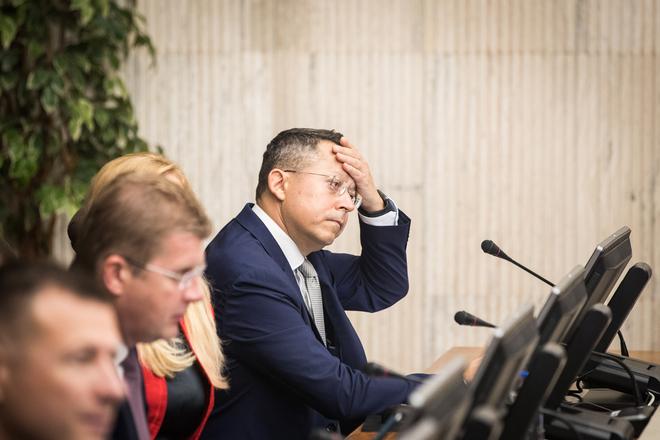Slovakia should have had a balanced budget in 2019. This means that expenditures would not have exceeded revenues for the first time since the establishment of independent Slovakia in 1993. But already in late 2018, when the budget was adopted, economic analysts did not believe that this plan would materialise. Their concerns turned out to be justified when Finance Minister Ladislav Kamenický announced that Slovakia would fail to achieve a balanced budget in 2019.

“Unfortunately, we will not be able to fulfil our aim and the budget will be in the red again,” said Kamenický in response to the latest macroeconomic prognosis on September 19. It confirmed the cooling down of the Slovak economy. While the general government budget was based on the estimated economic growth of 4.5 percent, the latest estimate for 2019 is 2.4 percent and 2.3 percent in 2020.

The slower economic growth means less collected taxes. The Institute for Financial Policy at the Finance Ministry estimates the state would collect €66 million less in taxes this year than estimated while the gap should be as big as €700 million on average during the following two years.
Apart from the reduction of tax revenues resulting from the cooling economy, Kamenický attributes the deficit to the global trade wars, Brexit and unexpected expenditures Slovakia has faced in the health care sector, agriculture, and expenditures to be co-invested with EU funds.

The Council for Budget Responsibility, which has been pointing to the risks of this year’s budget in the long term, estimates the deficit at €1.14 billion. This means that if the cabinet does not adopt compensation measures, the deficit would equal almost 1.2 percent of GDP. But the council considers non-tax revenues a bigger problem than tax revenues while it has calculated these risks at €412 million.
“The council identified most of these risks when the budget was being adopted while some of them repeat annually,” reads the council’s statement, as cited by the TASR newswire.
Blanket bigger than Slovakia can afford
Analysts as well as opposition politicians see a cooling economy behind the failure to achieve a balanced budget, which is calculated at €100 million, as well as the overly generous social policy of the government and its inability to prepare for rough times when things are going well. Last year the Slovak economy grew 4.1 percent, for instance.
“Smer has been unable for even one year of its 12-year rule to cover us with a blanket we can afford,” said Igor Matovič, head of the opposition OĽaNO party, as cited by TASR. “It made a hole in the budget each year and took more from our common fund than what people put in it.”



 Finance Minister Ladislav Kamenický is experiencing tough budgetary times. (source: Sme)
Finance Minister Ladislav Kamenický is experiencing tough budgetary times. (source: Sme)